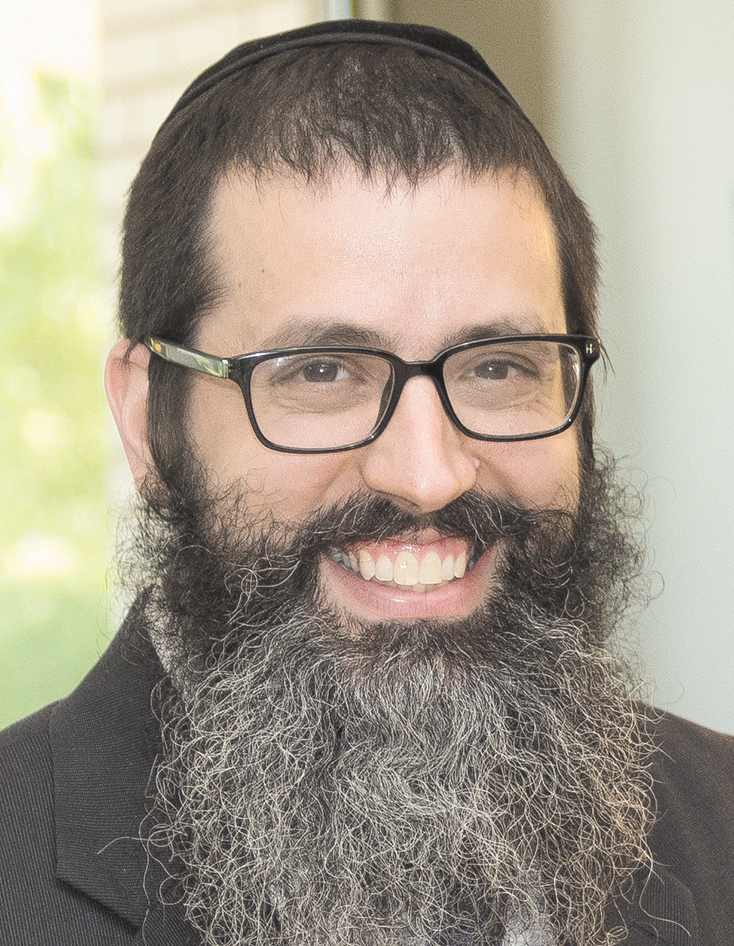The opportunity of the Three Weeks

By Rabbi Levi Simon
Chabad of Greater Dayton
Each summer, in the Jewish calendar, we mark a period of national mourning called the Three Weeks, recalling the siege of Jerusalem leading to the destruction of the Bet Hamikdash, the Holy Temple. From the 17th of Tammuz (this year July 13) through Tisha B’Av (Aug. 3), the Jewish people enter a time of collective sorrow — one that feels especially real this year, as Israel continues to face war, uncertainty, and deep pain.
During this time, Jewish practice reflects the somber tone of the season. Weddings are postponed, haircuts are avoided, music is turned off, festive events are paused, and even new clothing is often held back until after Tisha B’Av. As we move into the final nine days, these customs intensify — some refrain from eating meat or drinking wine, others avoid swimming or unnecessary travel.
These practices aren’t just symbolic — they remind us that we are still in exile, urging us to live with the memory of ancient Jerusalem in our hearts.
Yet, the Lubavitcher Rebbe, Rabbi Menachem M. Schneersohn, reveals a deeper perspective on this season — one that transforms despair into opportunity, and sorrow into spiritual closeness.
There is a verse in Eicha (Lamentations) which is traditionally read on Tisha B’Av, that describes how “all her pursuers overtook her between the straits.” This is read as a lament: enemies took advantage of our weakness during this narrow, constricted time.
But the Rebbe offers a revolutionary insight. He suggests reading the verse differently — that “her pursuers” refers not to enemies, but to those who pursue God. And “overtook her” means that they have reached Him.
In other words, someone who truly seeks Hashem (God) — especially during times of difficulty — can attain an even deeper closeness.
This approach doesn’t dismiss the pain of the Three Weeks. On the contrary, it highlights how even within pain lies the potential for growth.
Tragedy awakens something essential within the Jewish soul: a cry, a longing, a surge of faith. These emotions can draw us nearer to Hashem, lifting us higher than even the moments of joy.
This message feels urgently relevant today. As Israel faces ongoing war and the aftermath of Oct. 7, our people are once again between the straits. We grieve, we pray, but we also see something extraordinary: the unity of the Jewish people, the mitzvot (commandments) taken on for the safety of soldiers, the Tehillim (Psalms) recited for the captives, the Torah classes and simple acts of kindness, all rising from the depths of heartbreak.
The Rebbe’s message teaches us that this is the opportunity of the Three Weeks. Not just to mourn what we’ve lost, but to discover what we can become. It’s a time to pursue God with sincerity and determination — and to know that He can be found even in the narrowest places.
May this year’s period of mourning be transformed from darkness to light, from exile to redemption. And may our efforts, both spiritual and practical, help bring the ultimate comfort: the rebuilding of the Bet Hamikdash and lasting peace in the Land of Israel.
To read the complete August 2025 Dayton Jewish Observer, click here.





